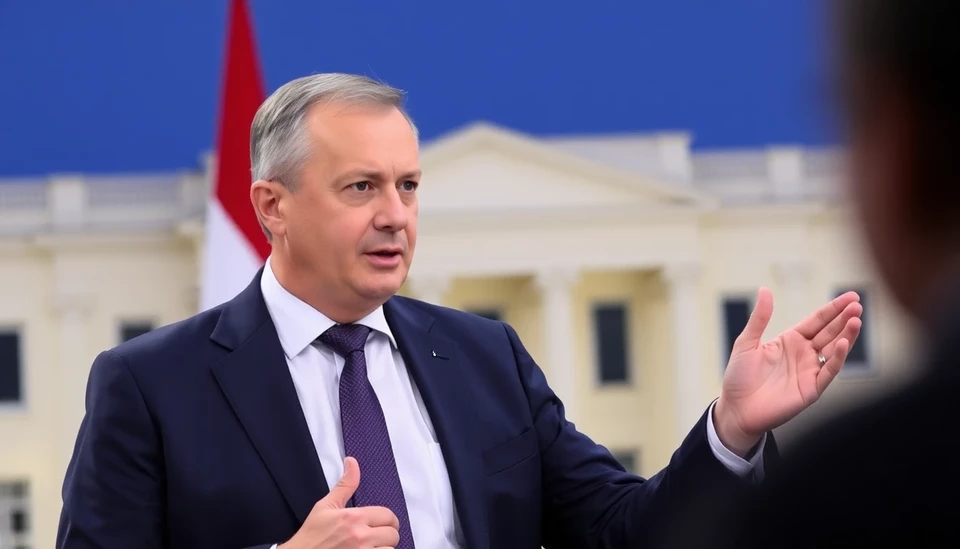
As Hungary enters a new fiscal year, preliminary reports suggest that the nation may have once again fallen short of its budgetary objectives for 2024. The Hungarian Ministry of Finance released an assessment indicating that the government's fiscal targets were probably missed, raising concerns about the country’s economic stability and adherence to European Union guidelines.
Hungary, led by Prime Minister Viktor Orbán and his Fidesz party, has faced a series of challenges in recent years that have strained its budgetary framework. High inflation rates and escalating borrowing costs have compounded these challenges, making it increasingly difficult for the government to balance its budget while also stimulating economic growth.
The Ministry of Finance had previously set ambitious targets aimed at reducing the budget deficit and stabilizing the economy post-pandemic. However, multiple factors, including a sluggish economic recovery and increased public spending, appear to have thwarted these efforts. As a result, Hungary's commitment to fiscal discipline has come into question, particularly with regard to meeting EU budgetary regulations.
Economic analysts have highlighted that Hungary’s difficulties in adhering to its budget goals are not only a domestic concern but also a potential source of tension with EU officials. The European Union has stringent fiscal rules that member states are expected to follow, and Hungary's ongoing budget deficits could lead to financial scrutiny or repercussions from the bloc.
In light of the missed targets, there has been a renewed call for reform within Hungary’s economic policies. Opposition parties and economic experts are advocating for a reassessment of government spending priorities and better tax collection practices. They argue that without significant reforms, Hungary's economic future remains precarious.
According to projections, the government aims to implement several measures in the coming months to address these budgetary shortfalls. These measures include tightening fiscal policies, reducing wasteful expenditures, and potentially increasing certain taxes to boost revenues. However, the success of these initiatives will largely depend on the political climate and public acceptance.
As the Hungarian government grapples with the implications of potentially missing its budget goals for another year, citizens and stakeholders are left to wonder about the impact on public services and social programs. The overarching concern remains whether these economic challenges will lead to long-term ramifications for economic growth and stability in Hungary.
Looking forward, experts suggest that Hungary must pursue a balanced approach that includes fiscal discipline, economic growth, and social welfare to restore confidence among its citizens and comply with EU standards.
In conclusion, Hungary's financial struggles are emblematic of larger issues facing many economies in the region. As the situation develops, it will be crucial for the government to take decisive actions to ensure that it does not repeat the mistakes of the past and instead moves towards a more sustainable economic model.
#Hungary #Budget2024 #EconomicChallenges #EURegulations #FiscalPolicy #ViktorOrban
Author: Laura Mitchell




